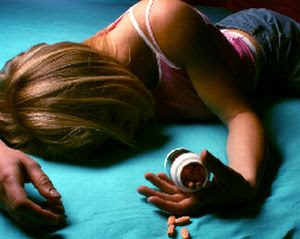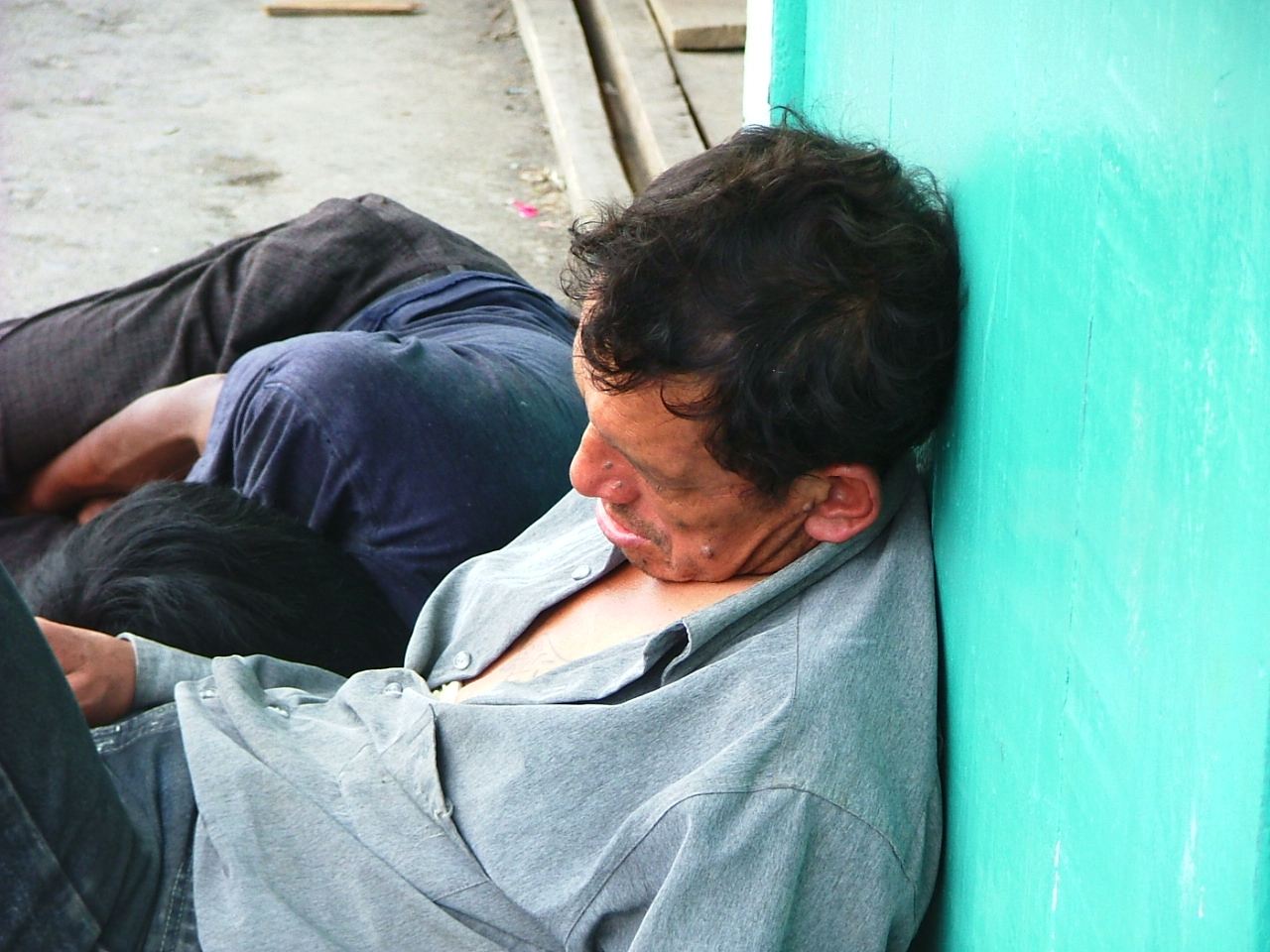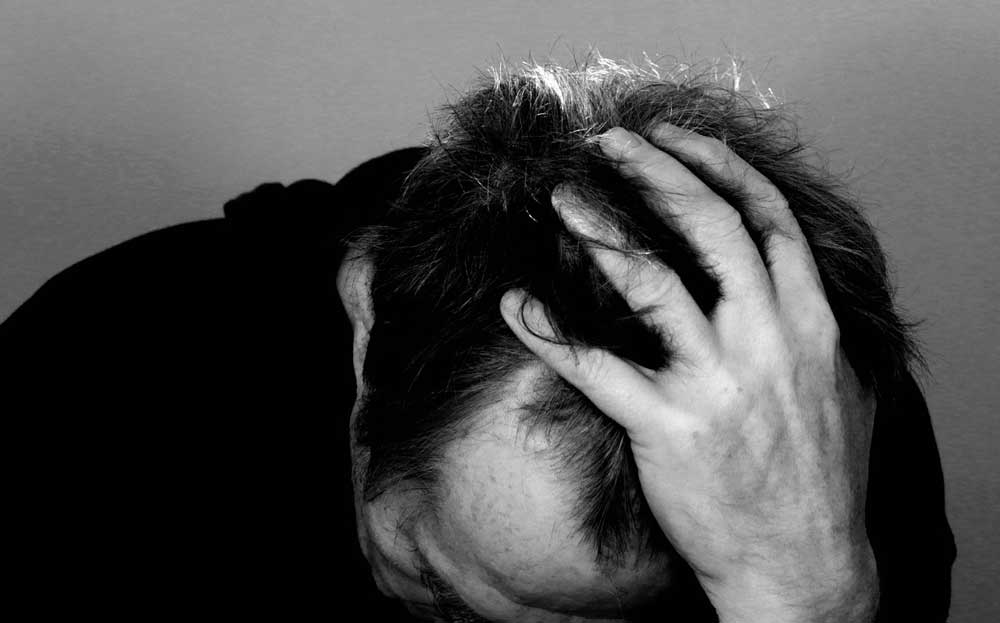Relapse prevention obstructions

Relapse prevention obstructions will always be there but you can change that by being positive and active
Relapse prevention obstructions: Threatening signs and coping skills
One of the big impediments in dealing with substance abuse is relapse prevention obstructions. Relapse itself is an obstacle and its triggers are even making the already delicate situation more disturbing. This is a serious drawback to many recovering addicts across the globe. We must stand out in addressing this problem to succeed in the fight against drug addiction. It is important to understand the relapse threatening signs and coping skills to have a good starting point in defeating drug addiction. According to the experts at AWAREmed Health and Wellness Resource Center, relapse is a process that comes in different stages and that is going to be our starting point in this discussion. Doctor Dalal Akoury is going to take us through the discussion and therefore I want to ask you to stay on the link and be empowered in your individual fight against the scourge of addiction today.
Relapse prevention obstructions: Stages of Relapse
Relapse is a process, it’s not an event – Doctor Akoury says that in order to understand relapse prevention you have to understand the sequences of relapse. Being a process and not an event, relapse often starts weeks or even months before the event of physical relapse. In this page, you will learn how to use specific relapse prevention techniques for each stage of relapse. There are three stages of relapse and they may include:
- Emotional relapse
- Mental relapse
- Physical relapse
Relapse prevention obstructions: Emotional Relapse
In emotional relapse, you’re not thinking about using – But your emotions and behaviors are setting you up for a possible relapse in the future unless something is done today and now. This is not a joke for it hit hard your health and can be very fatal. It’s important that treatment is sought in good time. For timely treatment, you can schedule an appointment with doctor Dalal Akoury for her professional touch on your situation. In the meantime, the following are some of the signs of emotional relapse you need to be wary of:
- Anxiety
- Intolerance
- Anger
- Defensiveness
- Mood swings
- Isolation
- Not asking for help
- Not going to meetings
- Poor eating habits
- Poor sleep habits
Relapse prevention obstructions: Emotional relapse signs and post-acute withdrawal symptoms
If you understand what post-acute withdrawal is, then it will become easier to avoid relapse, because the early stage of relapse is easiest to pull back from. In the later stages, the pull of relapse will get stronger and the sequence of events moves faster thereby confirming the important phrase of prevention being better than cure. Before we get into the discussion about the early relapse prevention, it is important to note that dealing with relapse is not an easy assignment. Many people often fall along the way because they do not have the skills or techniques of dealing with this problem. Nevertheless, there is hope with doctor Akoury MD who is also the founder of AWAREmed Health and Wellness Resource Center whom can be reached through that telephone number 843 213 1480 for any appointment needs.
Relapse prevention obstructions: Threatening signs and coping skills








